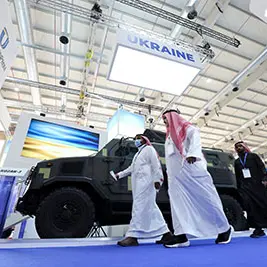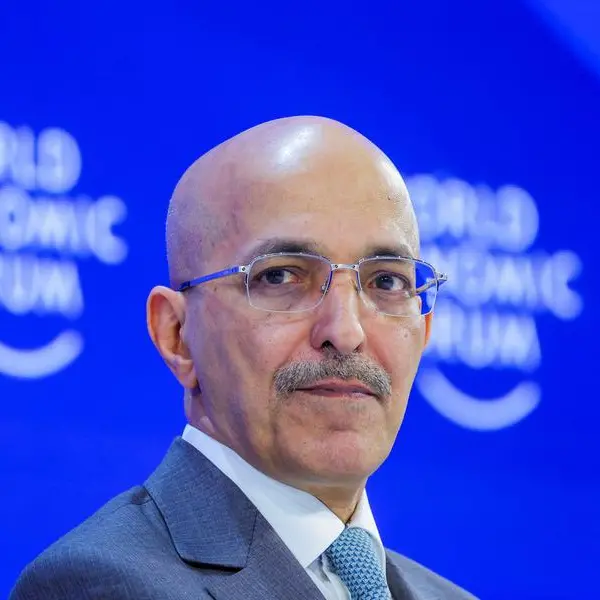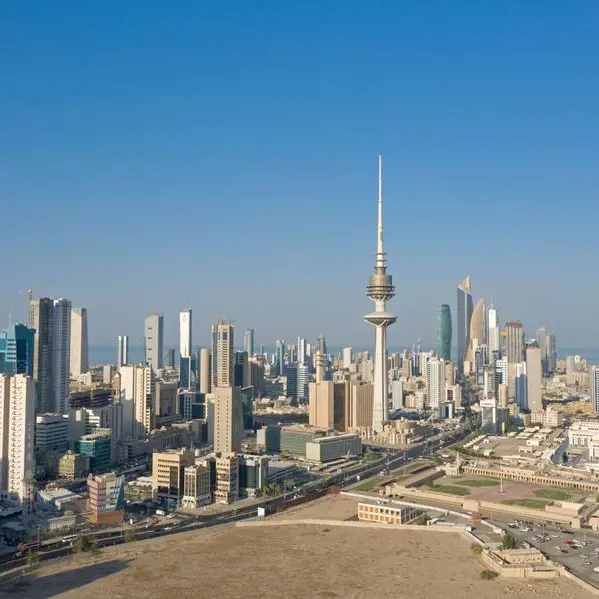PHOTO
"Despite at a slow pace, consumer spending in the UAE has improved during 2017 by a growth of nearly one per cent as compared to a slight downfall in growth during previous year. However, over the next five years, we expect consumer expenditure to grow at average rate of two per cent in constant terms," said Rabia Yasmeen, research analyst at Euromonitor International. Living costs have remained stable as rents continued to soften on average, she noted.
Consumer expenditure on housing, food, transport, education, hotels and catering is likely to increase. As consumer expenditure on premium and luxury products has been impacted in the wake of current consumer sentiment, this has largely reduced consumer expenditure on clothing and footwear segments where consumers have switched to more up-market brands offering greater discounts and promotions, she said, adding that expenditure on luxury items is expected to further slowdown over the forecast period as VAT further impacts the segment.
The biggest expenditure of UAE residents goes to housing at Dh300.3 billion, followed by food and beverages at Dh103.1 billion and transport at Dh93.8 billion.
Expenditure is expected to remain stable for household goods and services and leisure and recreation, Yasmeen said.
She pointed out that the key factors driving consumer spending over the forecast period are expected to be change in demographics, with a decline in the low income class and growth of the high income class over the forecast period.
Shailesh Dash, founder of Al Masah Capital, said it's positive news and shows the robustness and diversification of the UAE economy. "Diversification has helped the country significantly. Further diversification of the economy which is an ongoing process will continue to keep the country in a stronger footing."
Vijay Valecha, chief market analyst at Century Financial, said the same is the case for almost any developed financial capital.
"Housing as a sector has not particularly increased in costs for most residents in the recent months. We have seen a great number of initiatives in the transportation sector with the coming of apps like Ekar and Udrive. The upcoming projects of new metro lines and the hyperloop in the coming years will change the way transportation works in the country," he said, adding that the spending is expected to increase going forward in the next year as the incomes and standard of living of UAE residents has also been on the rise.
Najum us Saqib, a businessman in Dubai, said most of his expenses go to food and beverages, education for children, rent and car fuel and maintenance every month.
"Expenses have increased year on year. When family is in Pakistan, the cost is much less but when they are here, the cost of living goes up substantially, especially on entertainment, dining out and entertainment such as movies," Saqib said.
According to Euromonitor International's Income and Wealth Distribution model, 21.3 per cent of the adults constituted the bottom income group during 2016, this ratio is expected to decline to 14 per cent in 2021, while percentage of adults in the top income brackets formed 30 per cent of the adult population in 2016, the segment is expected to rise up to 42 per cent by 2021, with accompanying growth in share of disposable income at two per cent.
With the reforms such as value added taxes, middle and lower middle income groups are likely to report lower consumer spending levels with three per cent decline for discretionary spending and two per cent decline in non-discretionary spending by the middle income group over the forecast period, according to estimated based on Euromonitor International's Consumer Spending Models.
Slowdown in consumer expenditure has shadowed the impact of lower oil prices impacting business entities, resulting in downsizing activities as well as lowered frequency of new hires in various sectors such as banking and energy sectors, following effects from last year's challenging economic scenario. Such factors largely influence consumer sentiment and impact current and future consumer expenditure, who turn out to be cautious in practicing secondary expenditures in preference for saving. In such circumstances slowdown in wage growth has strengthened the case of weaker growth in consumer expenditure. During 2017, banks were also cautious in extending consumer credit which is another factor impacting consumer expenditure, Euromonitor analyst said.
- waheedabbas@khaleejtimes.com
Copyright 2017 Khaleej Times. All Rights Reserved. Provided by SyndiGate Media Inc. (Syndigate.info).





















